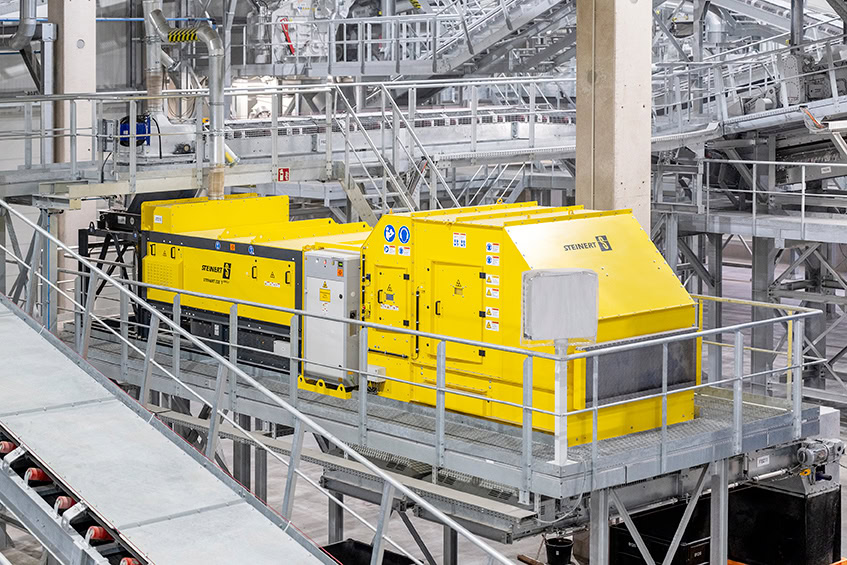Three years after the ELV Regulations brought in new environmental standards for the recycling of end-of-life vehicles (ELVs), only 762,776 Certificates of Destruction (CoD) were issued for scrap cars last year.
 Vehicles are issued with CoDs when accepted for recycling by an authorised treatment facility |
That is according to the Driver and Vehicles Licensing Agency, the body responsible for regulating the system.
A spokeswoman for the DVLA told letsrecycle.com yesterday that “in 2006, 634,399 vehicles were issues with a CoD and de-registered accordingly. A further 128,377 unidentified vehicles were notified via the CoD system, giving a total figure of 762,776.”
It is thought that as many as two million cars are scrapped each year in the UK.
CoDs are issued by vehicle recyclers who meet the environmental protection standards set by Europe's ELV Directive when last owners hand over their old cars to be scrapped. There are thought to be around 1,400 authorised treatment facilities able to issue these certificates, which then demonstrate that vehicles are scrapped in a manner that will not harm the environment.
Under the regulations, scrap vehicles must have hazardous oils, fluids and components removed before they are shredded.
Report
The new figures on CoDs were revealed in the wake of a new report published by the European Parliament expressing concern that the number of certificates issued in the first nine months of the ELV Directive's first target period were “much lower than expected”.
The report cites Liberal Democrat MEP Chris Davies, who warned last year that not enough CoDs were being issued in the UK. Mr Davies highlighted a loophole in the DVLA system allowing last owners of vehicles to tick a box on their vehicle deregistration form to say their had scrapped their cars themselves, without requiring a certificate (see letsrecycle.com story).
The DVLA said it was now working with the Department of Trade and Industry to overcome the problem.
A DVLA spokeswoman said: “DVLA is currently investigating issues relating to the de-registration of vehicles in scope of the ELV Directive, including the requirement for the registered keepers to notify the Agency that the vehicle has been scrapped via the registration certificate.”
Recyclers
Vehicle recyclers have said that despite the “horrendous shortfall” of CoDs being issued in the UK, the new figures did not necessarily mean vehicles are not being properly recycled.
Duncan Wemyss, secretary of the Motor Vehicle Dismantler's Association, said there were some teething problems with the ELV Regulations, but that the main difficulty was the lack of awareness among last owners of cars that they should obtain CoDs when taking their cars to be scrapped.
He said: “What we are lacking is a major national publicity campaign to vehicle owners to remind them that when they have a vehicle which reaches end of life they need to obtain one of these. A leaflet in their vehicle tax reminder letter could let them know, and it would be a driving force for the legislation.”
| Related links: |
Mr Wemyss said that illegal scrap yards was still a problem for the industry, with illegal operators being driven by the current high price of metals.
He said: “It is a problem which we have highlighted for some time, and I believe there are still hundreds out there and it’s a major task to ensure they comply. Why should legal operators who pay out to comply with the legislation compete against illegal operators?”







Subscribe for free